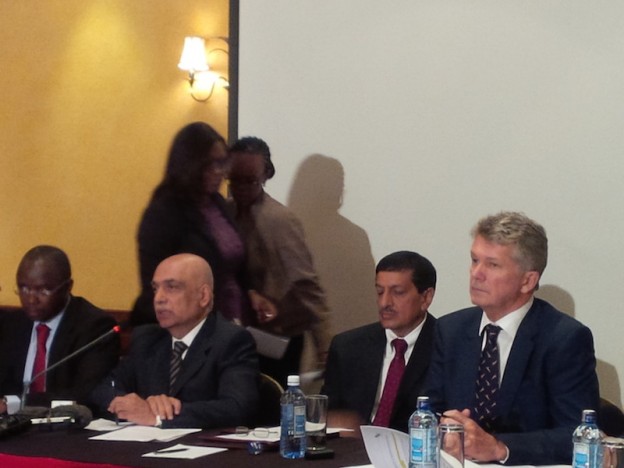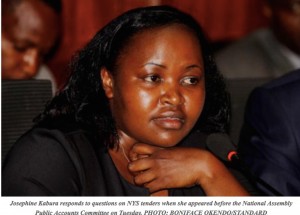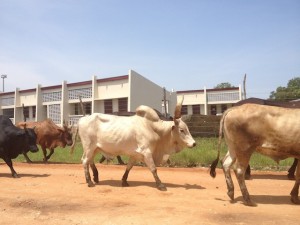On Monday, the Justice Minister of Gambia Abubacarr Tambadou announced that he was freezing the assets of former President, Yahya Jammeh.
Reasons for this were that “preliminary investigations have revealed that between 2006 and 2017, former President Yahya Jammeh personally or under his instructions directed the unlawful withdrawal of at least 189,000,000 from funds belonging to Social Security and Housing Finance Corporation. Between 2013 and 2017, former President Yahya Jammeh personally or under his instructions directed the unlawful withdrawal of at least $50,000,000 from Special Projects Fund and International Gateway Accounts at the Central Bank of The Gambia.”
The freezing order affects:
- 131 landed properties held in the personal name of former President Yahya Jammeh or companies directly associated with him.
- 88 different bank accounts held in the personal name of former President Yahya Jammeh or held in the names of organizations directly associated with him;
- 14 companies purportedly belonging to or directly associated with former President Yahya Jammeh;
- A number of animals and livestock purportedly belonging to former President Yahya Jammeh.
“The freezing order is therefore meant to prevent former President Yahya Jammeh from liquidating or dissipating assets held in his personal name or his assets held in the names of his close associates or agents so as not to cause prejudice to the State should there be adverse findings made against him by a court of competent jurisdiction which may require the recovery of assets and monies from him by the State.”
Tambadou also announced that, after negotiations, the Government had reached a settlement with a company called Conaprio and would pay $4.6 million. This, he said, was down from a claim by Conaptop for $32 million which was part of potential liabilities of over two billion dalasis (about $43 million) arising from international cases instituted against the Government of The Gambia in different fora around the world as a result of the purported acts of former President Yahya Jammeh and some of his close associates.
See also this Guide to Banjul, the capital of Gambia.


